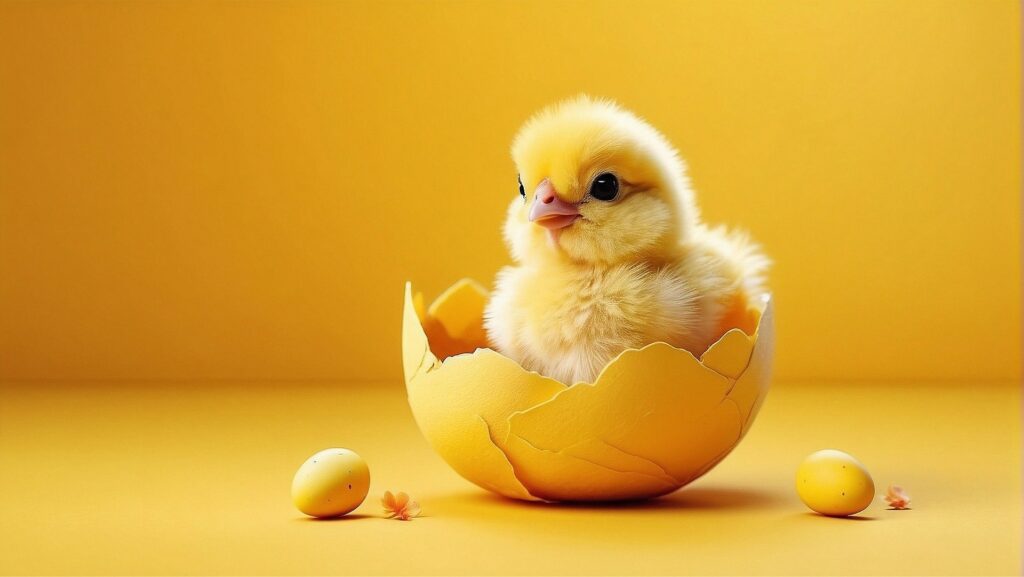This whimsical lady, Inspiration. One day it’s all over you and the next it’s gone. I looked everywhere, for a second day after my short holiday searching my entire place. There was nothing left to remind me of her recent fleeting presence.
Only a week ago she was there every moment I was awake. She’d whisper me new ideas while I was asleep. She was telling me endless stories, I couldn’t be fast enough to record. Yet, I wrote them all down till my fingers hurt. Just in case. There was a nudging voice inside my head, ‘Write this down. You’ll need this all for when she’s gone.’
I brushed that thought away. I knew my inspiration wasn’t an illusion. It wasn’t a miracle.
Once, my friend, who was learning to paint, said that he hadn’t painted much over the last month given he wasn’t feeling inspired. I called that an excuse. I always knew luck and inspiration are byproducts of endless hard work and consistent effort.
And here was I, whistling, calling, searching, waiting in front of my screen in my complete solitude. I thought she’d catch up when I started work. But she didn’t and I deleted a mediocre result of my effort. In her absence, no work seemed to be good enough.
Having nothing better to do — I persisted in searching the one, whose flaky company I craved for. I went for a walk in the park — she wasn’t there. I went to see friends, but none of them saw her, neither was she present at any of the parties. I watched movies and read articles, thinking she might want to join me for some fun time together. No. She left me alone to witness how she surged others’ creativity, making me feel more bitter.
Surrendering to the grey and sad prospect of having to handle things on my own, I wrapped myself in a blanket and pulled my Mac out. I had a great idea for an article before. I tried it for the fifth time; it wasn’t coming along. My back started feeling uncomfortable. I moved over to my desktop. My mood and shoulders were still down. Then they started hurting. I reminded myself to sit straight.
I looked at the last paragraph. It was terrible.
I didn’t feel like doing anything. My hands felt heavy. My brain felt empty. I kept staring at the screen. Paralysed. Stuck. The inspiration wasn’t coming. I’ve got tired of waiting.
That was a truly ugly paragraph — I had to re-write it even if I were to delete it.
But every new edition felt stretched and was getting worse. It felt about time to put it on hold and try something else. But I didn’t want to give up. Not that soon. So I kept staring at the screen. Nothing was moving. The letters remained consistently absent from a blank screen. Similar to my empty imagination.
That felt almost like permission to abandon the task and try something new. I tried. That was terrible too. I stood up and walked across the room. Maybe my flaky lady returned unannounced?
Discovering it was still only me having to address the task, I returned to the screen. Running out of ideas on how to improve the piece of work that I had on hand, I scribbled a few alternative options on a piece of paper. That removed the pressure. While not on the screen, these scribbles were merely drafts, so I didn’t have to feel embarrassed about them. My hand carried on with new ideas. Suddenly I felt a subtle kick in my stomach.
‘What are you doing here?’ I asked. ‘I found my way around.’
‘That’s why I’m here,’ answered the whimsical lady, who returned while I was working.
What Doesn’t Work
We often seek inspiration and retreat from action when it doesn’t seem to be there.
However, doing nothing brings no result. The same as pushing for a result brings no result. Neither staring at the screen nor working from bed provides any quality outcome.
Abandoning tasks altogether doesn’t address a lack of inspiration either.
Yet, what does, is the change of perspective and subtle shifts in our approach:
- To achieve the desired outcome you need to roll up your sleeves first and put in your best effort.
- Sometimes it helps to change a place, as simple as moving from one chair to another. Or another part of the table to ensure a physical shift, so you don’t feel stuck at the same spot. And especially if you’re trying to work from your bed or sofa — after a while blood stops delivering the oxygen to your brain at the rate it could through a straight spine.
- Changing a posture helps to shift your body position from a ‘down’ to an uplifting state. When you’re feeling low, remind yourself how you sat, when you were highly driven. Replicate that posture. READ this article From Limitation To Empowerment. How To Manage Your Emotional States
- Little stretching or walking across the room, switching off from an activity for a minute helps to refresh your mind, get distracted, and get new ideas. When we rest from active thinking, our brain reassesses all the info and gives us the summary aka an aha moment. Meanwhile, lack of a break leads to overwhelm.
- Brainstorming and toying with a task helps us to drop its perceived weight and shift the perspective from addressing or avoiding the problem to finding the solution. Moving us rapidly into a more creative state.
- Drafting possible ideas with a hand triggers certain brain connections — leading to increased creativity.
Prevention Saves Rasing the Alarm
Albeit inspiration lives within us, it’s like a whimsical lady, admiring constant attention. So, prevent abandoning it. Take it with you and entertain it during your holidays, unless you want it to take a leave upon your return. Whenever it knocks on your door — open it promptly. Never ignore it.
Sometimes we have that burst of inspiration. But we’re busy with something else. Or, we get excited but utilise that excitement somewhere somehow else.
Guess what? The inspiration might go to sleep if not timely entertained. And then it’ll take you a while to wake it up when you need it.



